It seems fate knew it was dealing with a high-level player! So it put him in such tough conditions from the very beginning: Nicholas McCarthy was self-taught, he came to music at the age of 14 – little late by professional standards! Besides, unlike his art fellows, from birth he had no... right hand. Music for him turned into a quest with increased difficulty. But he playfully handled all the obstacles that were getting in his way.
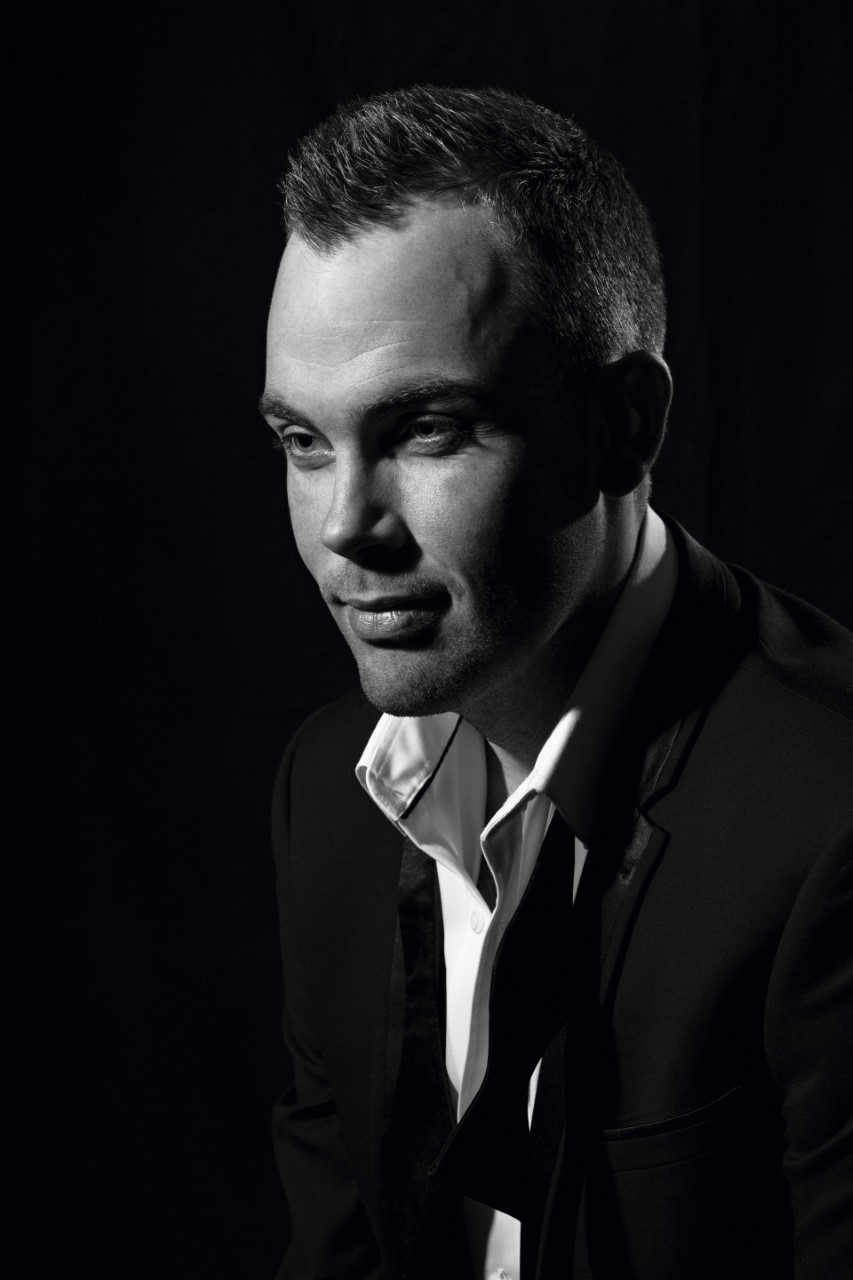
Twenty years ago?.. – Nick recalls. – I was six, and I lived in a small village in the "home county" of Surrey, in southern England. When I think about that time, long summer holidays come to mind immediately, when my friends and I could play in the yard for hours...
His parents convinced him that he was no different from other children. And even a "small" right hand did not keep the boy from messing around the piano for long, from which he learned to extract separate, rather distinct sounds on his own. At the time, Nicholas wanted to do cooking professionally; Perhaps he would make brilliant cook if had it not been for Beethoven's "Waldstein" sonata, which shook him like the first young love. His friend was playing the sonata, and the boy's heart suddenly wavered: the word "play" got a new meaning... But like love, music not only promised, but demanded. Things suddenly got much harder, he had to hear for the first time that he couldn't do something. This is what said the professional musicians he wanted to learn from.
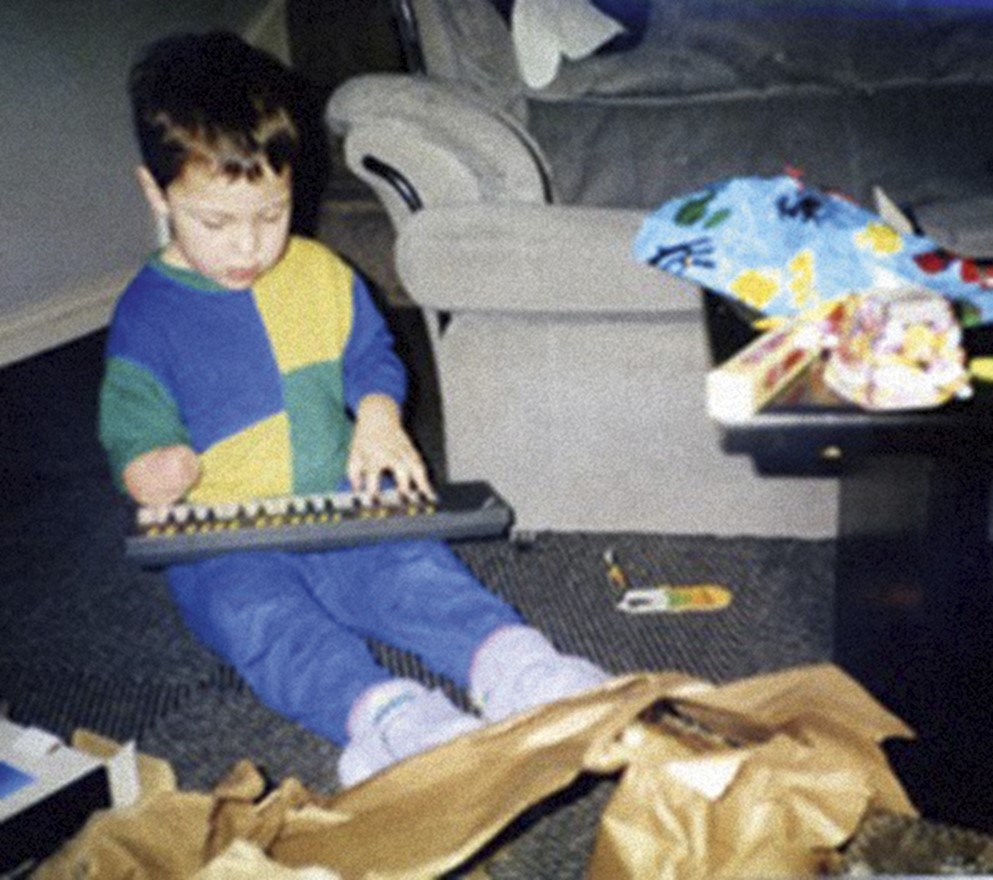
Nicholas showed persistence, went to Guildhall School of Music and to this day he thanks his parents who did not discourage him. Lucy Parham, credible musician and teacher, took on to mentor him. She advised him to focus on concerts written for the left hand. After all, the boy certainly had a potential, it was only left to find his own niche in a huge sounding world and his own, even small, repertoire. From Guildhall he went straight to the Royal College of Music.
- I went to a college I could only dream of. The competition was high and when I got the invitation letter it was an incredible feeling. To be inside the walls, where have been so many great musicians before me, to be surrounded by talented people and to feel almost tangible history in everything that surrounded me – these were, probably, the best days of my life!.. And then I became part of the history of the Royal College myself, as the first one-armed graduate in all 135 years of its existence. I will never forget my parents' proud faces!..
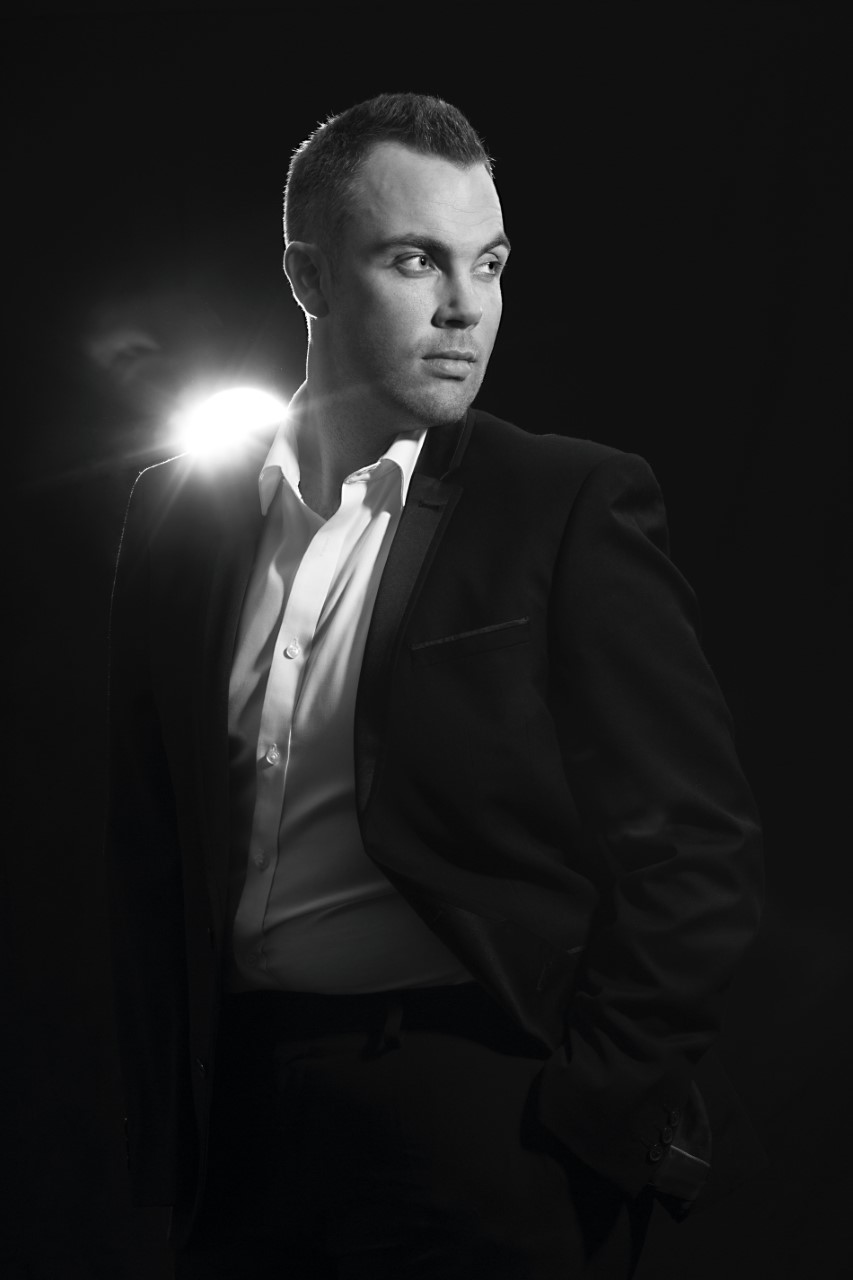
"Left" music became his ticket to a bright future: worth mentioning one piano concert by Maurice Ravel written for Paul Wittgenstein, brother of the famous philosopher!
- I love Ravel's concert for its drama. And also for being surrounded by orchestra music which grabs and takes me far away from here. Piano and orchestra act as a whole. In minutes like this, I think of the one-handed pianist for whom these notes were written, and the time that has passed since the far 1930s... So much has happened since then, and this music still speaks so powerfully to people! My repertoire has a lot from the 19th century and traces of those grandiose changes caused by World War I, including "left-handed" compositions related to Wittgenstein's name. There are also arrangements, but exclusively true to the composer's creative intent. For example, I play Gershwin: the arrangement of the composition he created himself 50 years ago, and the second – Summertime – transferred by me.
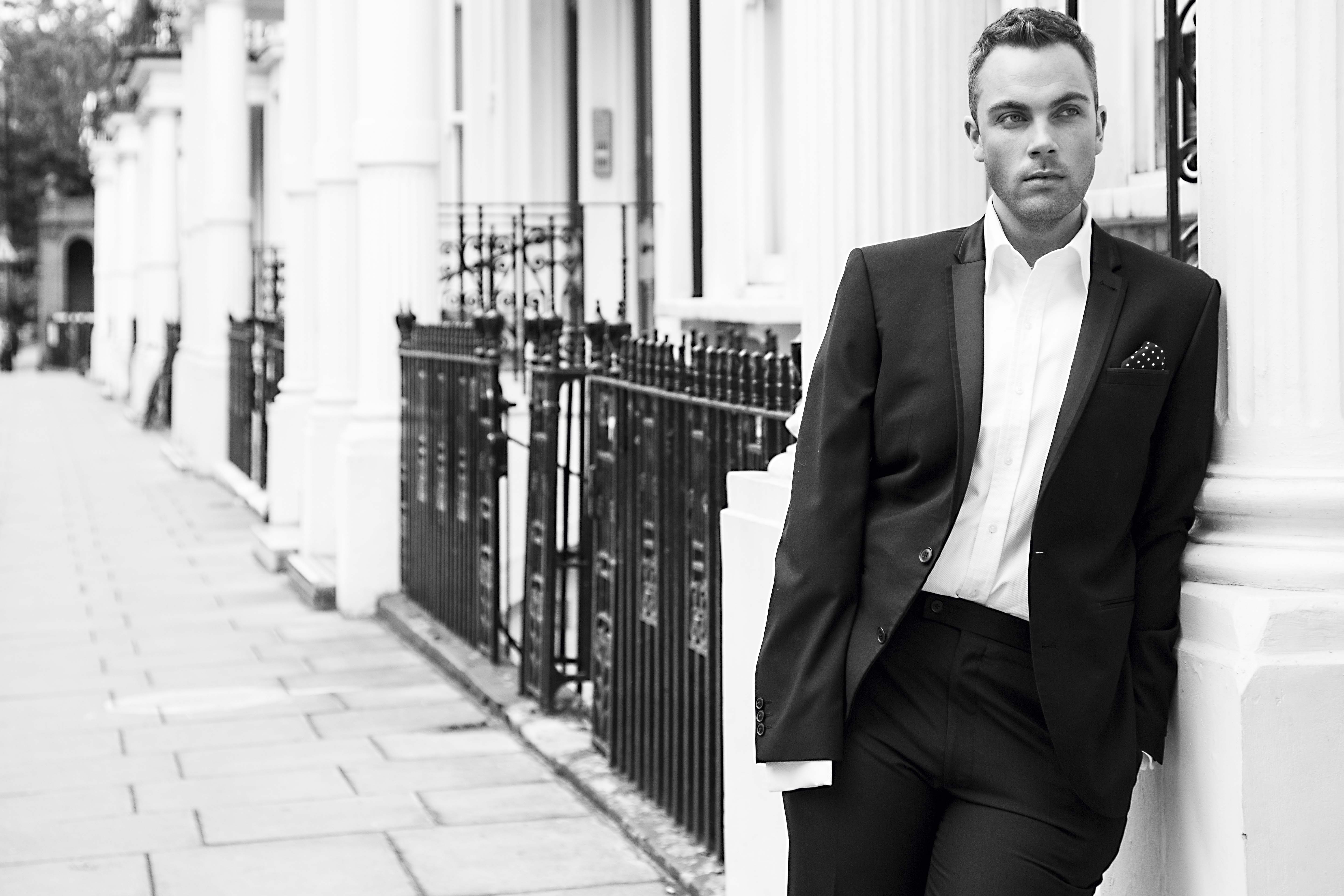
The brightest moments of your biography?
– Two of them. The first is a performance in front of 86,000 spectators at the Olympic Stadium during the closing ceremony of the 2012 The Paralympic Games with the rock band Coldplay. The second is a performance of Scriabin's nocturne at Royal Albert Hall. It’s is across the street from Royal College and I was looking at it and saying to myself: "One day I'll be there". Also I recently signed a contract with Warner Classics and released my first album – Solo, which greatly expanded my audience.
The illusion of "two-handed" is a particular pride of Nicholas. First, the people come to his concert, driven by curiosity, and then they begin to question whether he is playing along the phonogram. And few can accept as a given this richness of sound, made with just five fingers. He, who used to get B's and C's in school, constantly struggling with overweight, working for some time in a store, who failed when trying to play on a French horn, in his 26 years achieved more than most two-handed.
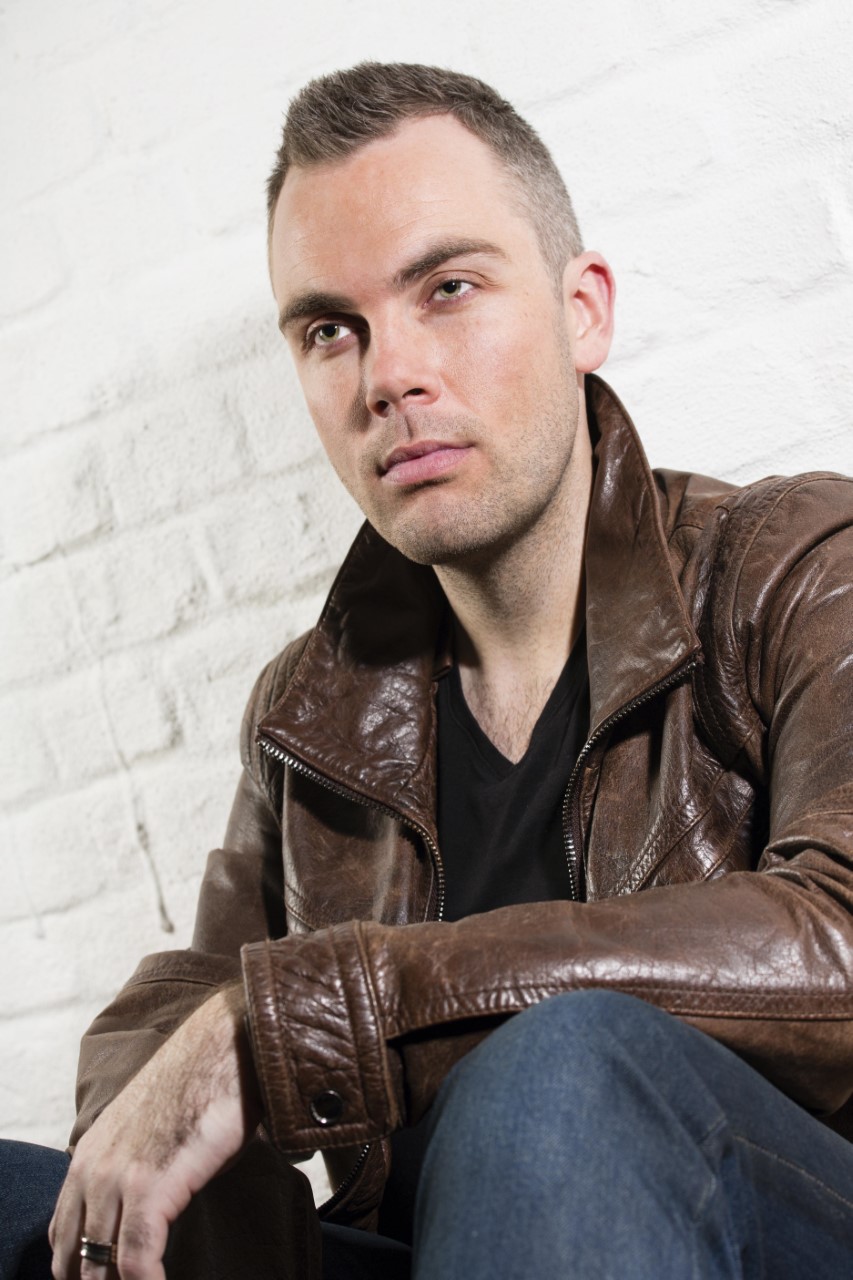
- I have always took life positively, and my belief that everything is possible, if you try very hard, became the key to my cherished goal and the cement, thanks to which I did not fall apart in difficult times. Kindness, loyalty, respect for people and the ability to appreciate what you have is what truly important. And also: if you have a purpose and you know, that this is exactly what you need – don't let anyone take you aside. Everything is possible! I really believe that.
Moreover, the fulfillment of desires does not require unsustainable victims in the form of exhausting work 24 hours a day. Nicholas's work schedule has a perfect density: exactly such that the pianist does not drown in work. He once admitted that he couldn't bring himself to sit at his Yamaha in the sunny days. Just like twenty years ago, he likes to hang out with friends, go to movies, cook...He got a dog and takes it to long hiking trips with pleasure. He even has time to dress up – always looking sharp! – and surely the look of a neat musician pleasantly complements the impression of quality sound. Looking at him, you would want to ask the reflection in the mirror: "And you still complain about the moping?"
Text by Sona Nasibova
Photo by Lindsay Wakelin, Paul Marc Mitchell











